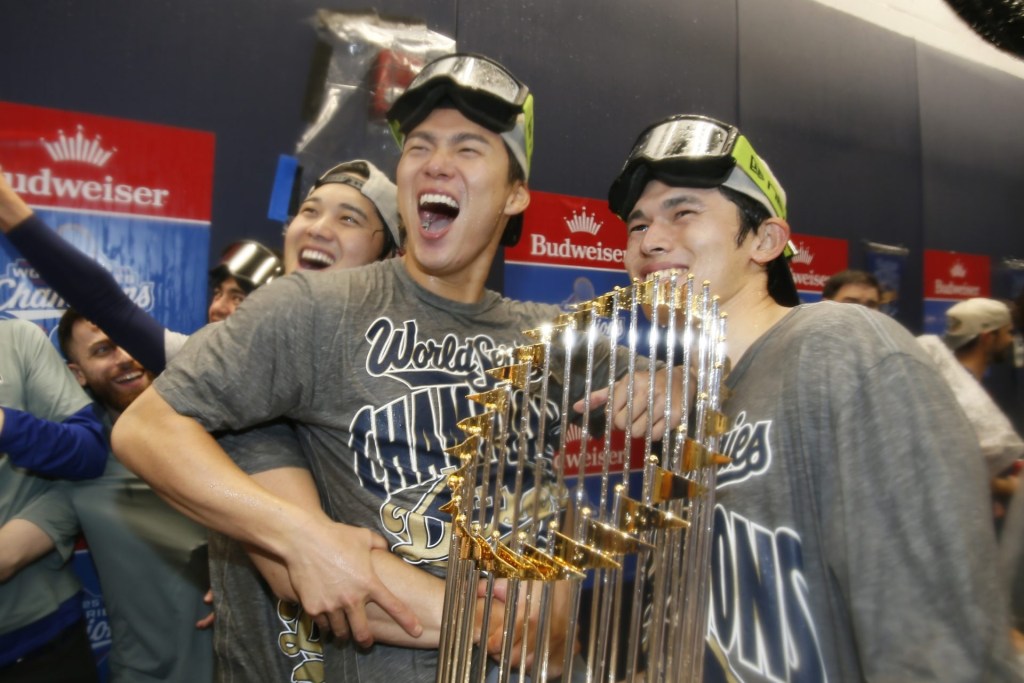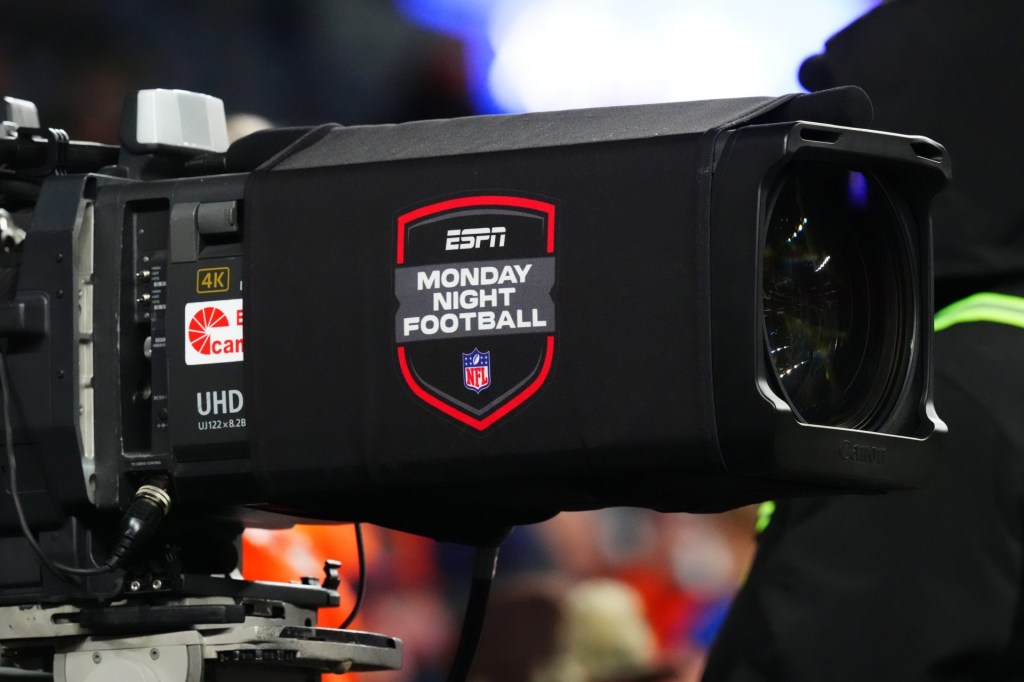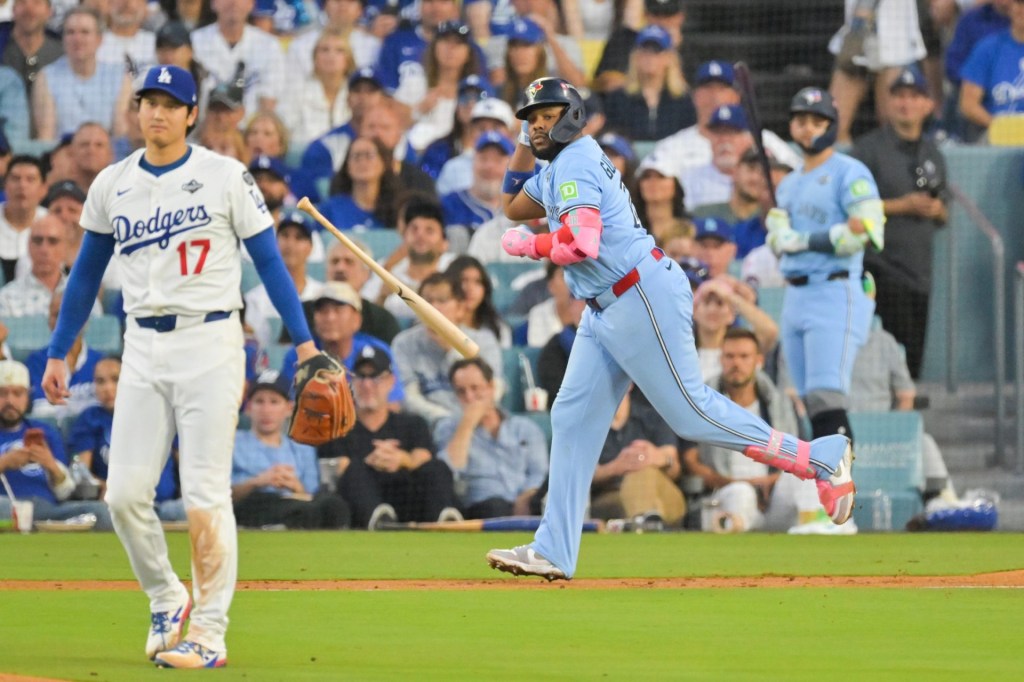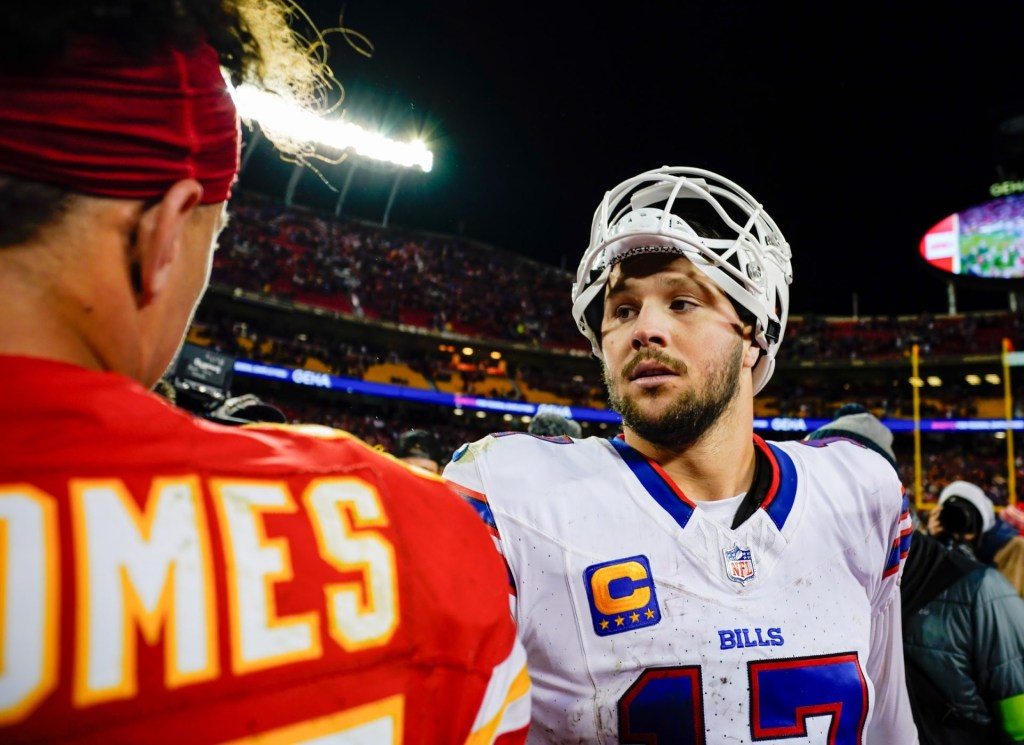Ryan Clark draws a little bit from Howard Stern in his philosophy on haters being a valuable part of one’s media audience.
On a panel at Huddle in the Hamptons last week, the Super Bowl champion turned ESPN analyst was asked about sustaining a career in media after playing football.
“It is such a subjective line of work, Clark said. “You have to get executives, you have to get viewers to not only believe your word and find trust in the way that you analyze and the way that you critique the game, but you also need to get them to want to hear your word. You need to get them to be fans of what you say. Or in the opposite or the polarizing effect, get them to hate what you say and get them to hate it enough that they’ll tune in.”
Clark, a regular on ESPN shows like Get Up and NFL Live and cohost of the Pivot podcast, argued that being polarizing can be an asset.
“It’s the same thing [as] Floyd Mayweather,” Clark continued. “Floyd Mayweather wasn’t the greatest pay-per-view draw because everybody tuned in or bought his fights to watch him win. There were just as many people who bought his fights hoping that he lost. And it’s the same thing—I can’t walk around an airport or go to a gym without having someone debate me about their team or tell me about this certain thing that I said that they disagreed with.”
The key, Clark said, is surviving to make a media career sustainable in the long run.
“The biggest thing about being a part of the media is how do I find a way to have longevity?” he asked. “It’s not about the splash you initially make because you were a great football player. It’s about who you become as a broadcaster, as an analyst, as a media member that gives you the longevity to have a tree that now has branches and tentacles that expand into other things like ownership, or other facets of business that allow you to make money off of your likeness.”
Speaking of prominent NFL players turned broadcasters with plenty of haters, Clark gave his take on Tom Brady’s broadcast career and whether it’s a conflict of interest that Brady is a minority owner in the Raiders.
“If the greatest of all time can’t find a way to do both things … then nobody gets that opportunity,” Clark said. “If Tom Brady doesn’t get an opportunity to sit with [players] before the game and he can’t know what’s going through his mind, does that make Greg Olsen a better choice to listen to? I think that’s part of it. But if you’re the Las Vegas Raiders, absolutely, you want a man who’s been there, done that, experienced everything, and also seen every single level of being a player. … There isn’t a level of football that man does not understand. And to be able to give that knowledge to a team, and then also the viewers who are watching the game, in my opinion, Tom Brady is entitled to that because he earned that.”
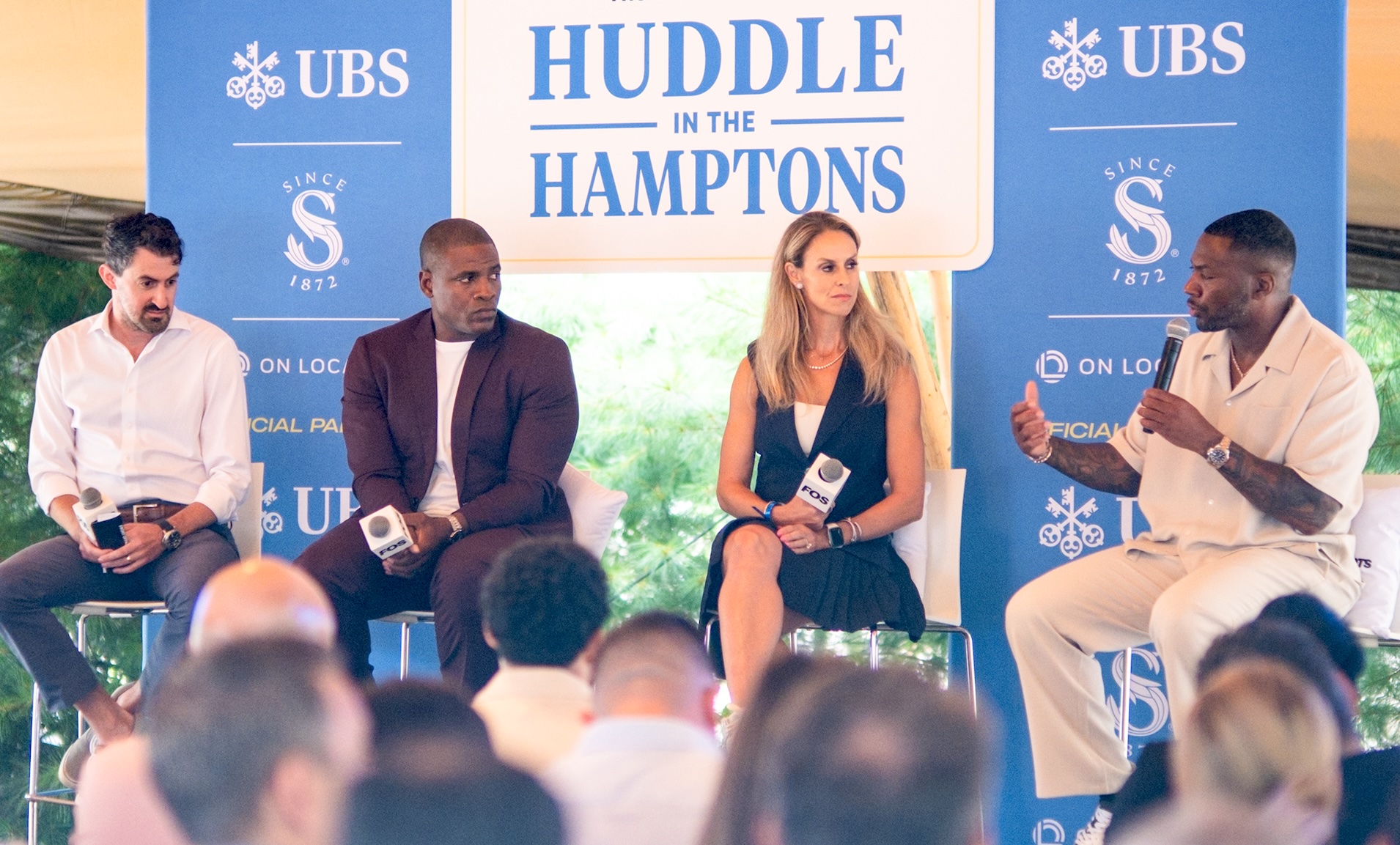
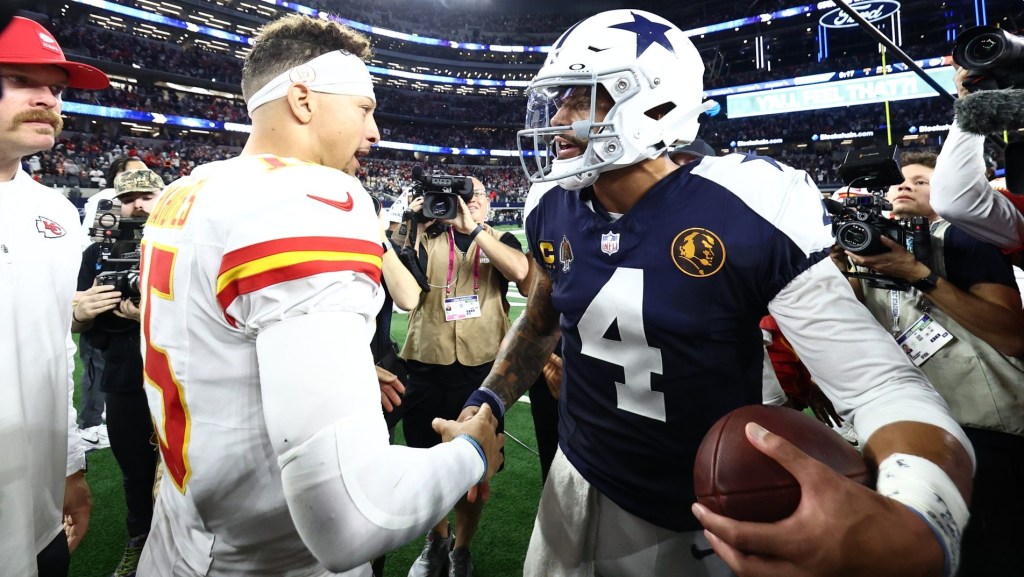
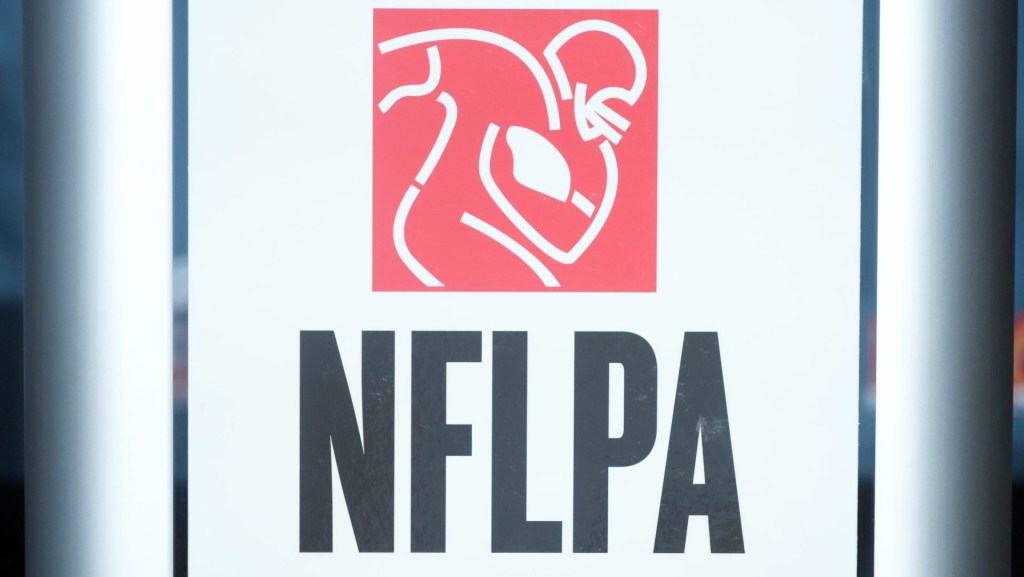


![[Subscription Customers Only] Jun 15, 2025; Seattle, Washington, USA; Botafogo owner John Textor inside the stadium before the match during a group stage match of the 2025 FIFA Club World Cup at Lumen Field.](https://frontofficesports.com/wp-content/uploads/2026/02/USATSI_26465842_168416386_lowres-scaled.jpg?quality=100&w=1024)
![[Subscription Customers Only] Jul 13, 2025; East Rutherford, New Jersey, USA; Chelsea FC midfielder Cole Palmer (10) celebrates winning the final of the 2025 FIFA Club World Cup at MetLife Stadium](https://frontofficesports.com/wp-content/uploads/2026/02/USATSI_26636703-scaled-e1770932227605.jpg?quality=100&w=1024)


